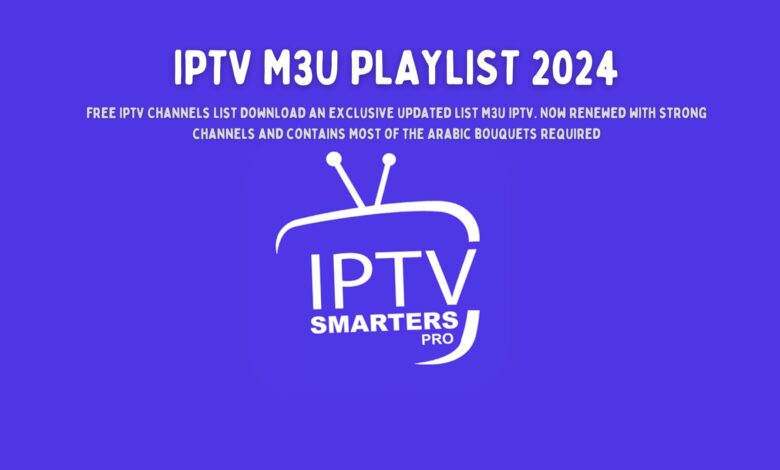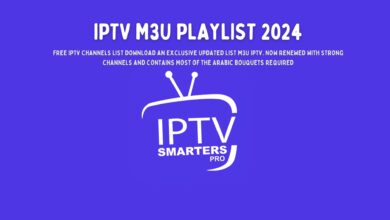NHL broadcasters win Canada’s first ‘dynamic’ pirate IPTV ban *TorrentFreak

 With the illegal broadcasting of live sporting events continuing to cause problems for leagues and broadcasters alike, rights holders continue to call for more flexible tools to prevent infringement, particularly via pirated IPTV services.
With the illegal broadcasting of live sporting events continuing to cause problems for leagues and broadcasters alike, rights holders continue to call for more flexible tools to prevent infringement, particularly via pirated IPTV services.
ISP bans are one of the preferred anti-piracy tools, and in 2019, after a complaint from major media companies including Rogers, Bell and TVA, Canada’s federal court approved the country’s first banning injunction targeting the IPTV GoldTV service.
While local ISPs complied with the injunction, not everyone was entirely happy to do so. TekSavvy complained that granting a single blocking order would likely lead to requests for more, costing ISPs time and money. The ISP also indicated that the ban was unlikely to be effective and within days, that prediction proved correct.
TekSavvi’s formal appeal was unsuccessful and a hearing was later denied by the Supreme Court. However, other ISP predictions, according to which rights holders would demand more orders, were 100% correct.
Broadcasters demand “dynamic”
After putting first foot on the blocking ladder with their success in the GoldTV case, companies including Rogers Media, Rogers Communications, BCE, Bell Media, CTV Specialty Television, The Sports Network, Le Reseau Des Sports and Groupe TVA are back, with a new application for an injunction. In federal court last summer.
It targeted John Doe 1 and John Doe 2, as well as countless additional little-known entities that offer NHL games via pirated IPTV streams in Canada. Several local ISPs including TekSavvy, Eastlink, Cogeco, Rogers, Shaw and Videotron were named as third party respondents.
The plaintiffs, all of whom are NHL live game rights holders, told the federal court that their previous efforts to prevent piracy had proven insufficient. Since pirate IPTV operators use every possible technology to go undetected and often work offshore, cutting illegal streams from the source is not possible. As a result, forcing local ISPs to implement blocking to prevent subscribers’ access would be the most realistic alternative.
Based on their experience of how a static order (targeted at static domains and specific IP addresses) in the GoldTV case performed poorly, the plaintiffs asked the court for a dynamic order, that is, one that could be rapidly updated with new sites on the Internet such as games. It is being broadcast, simulating the system in place to protect Premier League football matches in the UK.
Dynamic command opposition
While some ISPs were happy to agree to the injunction due to communications with the plaintiffs, objections were filed by other ISPs and the case intervenor, the Canadian Internet Policy and Public Interest Clinic (CIPPIC).
There was a general feeling that the plaintiffs had acted unfairly, in that they had prepared their applications over several months but then demanded an expedited hearing, putting the ISPs at a disadvantage. Some respondents felt that the plaintiffs had failed to prove their case and that any court order issued would impose unnecessary risks, practical difficulties and additional costs on ISPs.
CIPPIC has expressed its concerns (PDF) That the blocking system as required would be run primarily by a private anti-piracy firm with minimal court oversight raises questions about freedom of speech and the possibility of excessive blocking.
The Federal Court grants an interlocutory injunction
Late last month, federal court judge Mr. Paintney issued a mandatory preliminary injunction that attempts to balance the rights of the plaintiffs with those of internet service providers and other internet users.
Starting at page 119, the order acknowledges that plaintiffs would suffer “irreparable harm” without a ban order, but notes that measures need to be taken to ensure that burdens on ISPs are reduced along with the potential for excessive blocking of legitimate content.
First, the injunction is time-limited, and at least a time-out will expire in the first instance after the Stanley Cup Final, unless otherwise ordered by a court. Second, the ISPs will be reimbursed for the costs they incur to comply with the order and third, the plaintiffs must engage an independent expert to ensure that the ban is implemented in accordance with the court orders.
prevention measures
Judge Bentney’s order does not disclose the methods prosecutors use to identify hacking and determine that blocking is possible to avoid “commercially sensitive information” being made public, especially to those who might use the information to facilitate illegal flows. However, it does reveal the anti-piracy firm responsible for the operation.
The plaintiffs will partner with Friend MTS, the anti-piracy firm that handles blocking actions in the English Premier League in the UK and Ireland. The company’s methods are closely guarded but some information has leaked out over the years.
ISPs will be provided with detailed lists of IP addresses during each “NHL Live Game Windows” in order. The times are revised in the public version but IP addresses received in these windows should be blocked immediately by Canadian ISPs, if they are able to do so.
IP addresses must have previously been used during the “NHL Live Game Window” to illegally stream a live NHL game but other sensitive protections are not disclosed. ISPs do not have to check if IP addresses actually carry infringing content and can use manual or automated IP address blocking/redirection or equivalent technical means.
When the “NHL Live Game Window” closes, a request will be sent to ISPs to unblock all blocked IP addresses as soon as “reasonably practical”. ISPs will not violate the order if they need to suspend bans to investigate cases of over-blocking or to maintain their systems.
Reporting to court
To maintain oversight, Judge Bentney directs plaintiffs, with input from ISPs, to retain an independent expert (or up to three) to review application of the court’s standards for determining IP addresses to block.
A report should be sent to the court containing all the IP addresses, the dates and times they were requested to be blocked, and the applicable criteria that led to their being blocked. The expert(s) are required to report on the implementation of blocking in ISPs and to report on compliance with the court order in respect of all parties.
The expert will also be required to evaluate and report on the effectiveness of the command, including criteria for measuring success, why it was chosen, and the results of the evaluation. CIPPIC notes that the data obtained as a result of this process will be useful when plaintiffs seek an extension of the injunction.
Specifically, if Rogers, Bell and the other media companies that have applied for this order wish to extend its application beyond the 2022 playoff season, the independent audit will need to demonstrate that the side ban of legitimate content was minimal and that the ban was effective in increasing legitimate subscriptions. rather than simply directing customers to other forms of abuse or adoption of VPN services,” CIPPIC He writes.
The federal court order can be found here (pdf)

